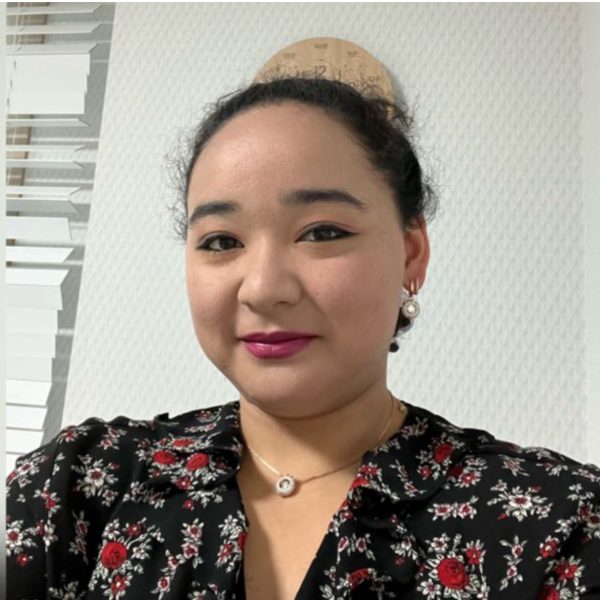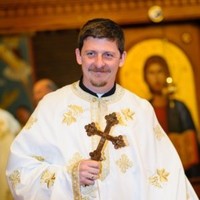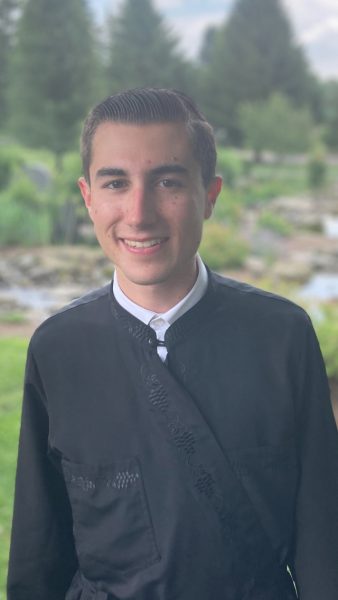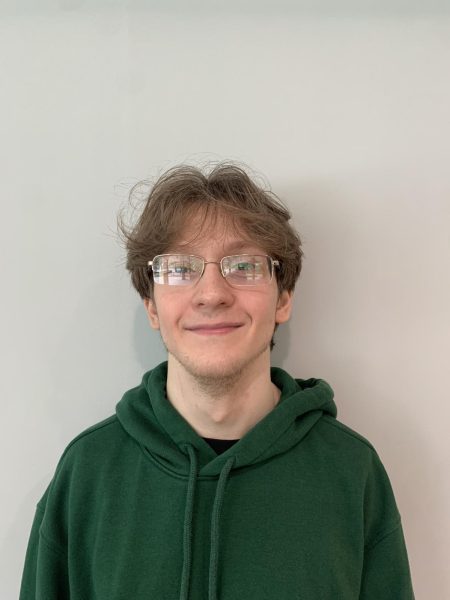In the diverse culture at William Paterson University, students and religious leaders are sharing insights on how religious practices differ outside the U.S. and the unique adjustments international students face.
Tiffany Vargas, an alumna and former president of the Intervarsity Christian Fellowship Club at William Paterson University, offers a perspective rooted in her multicultural background.

“My mom is from Peru, and my dad is from the Dominican Republic. Both countries are predominantly Catholic, and religion there feels more ingrained in daily life. In the U.S., religion is more of a personal choice and less integrated into public institutions like schools,” she explained.
Vargas’s journey with the Intervarsity Christian Fellowship began unexpectedly but quickly became a cornerstone of her college experience. “I started helping a friend with an event, and that led me to the club. Here, I’ve found a deeper connection to Scripture and a community that emphasizes understanding and compassion over judgment,” she said.
Pastor Nicholas Belcher of Saint George Antiochian Orthodox Christian Church in Little Falls echoed similar views about the centrality of church in Orthodox cultures.

“I would say that in orthodox cultures, whether in Ukraine, Greece, or among the Arabs, the church is the heart of the community, and major life events revolve around it. People live near the church, which is within walking distance. From the time the priest prays for a newborn, to baptisms, education, and various religious festivals, the church sanctifies the entire calendar year and marks significant life milestones. When Orthodox people came to America, one of the first things they did was establish a church to maintain this sense of community and continuity of life,” he noted.
For students like Samuel Regen, a Orthodox Christian Fellowship Club member at The College of New Jersey, maintaining religious practices in a different cultural context involves intentional effort. Regen was baptized Orthodox as an infant and has been Orthodox ever since. Regen commuted to TCNJ for his first two years, then decided to live in an apartment near campus for his third year.

“Orthodoxy is a lifestyle, not just a Sunday activity. In America, there’s a lot of denominational diversity, and it can be challenging to find a community that shares the same depth of commitment,” he shared. Regen emphasized the importance of connecting with like-minded individuals and participating in organizations like OCF to sustain one’s faith.
Yoksel Omar is a computer science major at William Paterson University and a friend of a member of the Muslim Student Association. Omar is ethnically Syrian and Muslim, and discussed the differences in religious practice between Syria and the U.S.

“In Syria, Islam is woven into the fabric of daily life. Fridays are holy days, and there’s a societal expectation to adhere to religious norms even outside the home. Here, practicing Islam can feel more isolated, confined to personal spaces,” he said.
Omar highlighted the supportive environment at William Paterson University, noting that the presence of a significant Muslim student population and the accommodating nature of professors during Ramadan helped ease the transition. “Having a quiet environment and the ability to meet other Muslim students makes a big difference,” he added.
Both Vargas and Belcher emphasized the importance of university support in helping students adjust.
“The Student Government Association should collaborate more with local church groups to ensure they provide accurate and beneficial support for students,” Vargas suggested.
Looking ahead, both students and religious leaders believe that fostering a welcoming and inclusive environment is crucial.
“Universities should offer more opportunities for networking and socializing among international and out-of-state students during orientations and homecoming events,” Vargas proposed.
Belcher added, “It’s essential for universities to be open to religious organizations and create a space where all students feel supported in their faith journey.”
James Alain is a contributing writer for The Beacon.